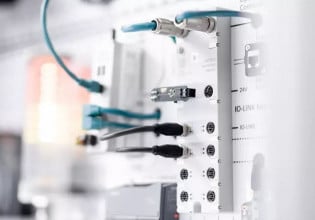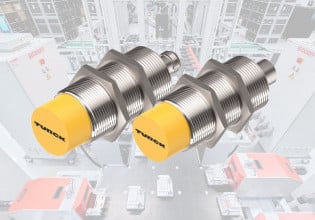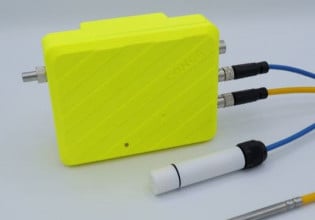Z
Dear gentlemen,
In our thermal power plant, the steam extracting turbine MSV Main stop valve and GV governing valve servo valve were damaged and lose functionality. in the same period: within 2 months 2 MSV and 2GV servo valves lost their functionality and were changed.
It was expected that Lube oil quality is the cause of this incident but it was not sure.
Could you please give me some RCA Root cause analysis about what happened and what will be the main causes of this failure.
Thank you for all
In our thermal power plant, the steam extracting turbine MSV Main stop valve and GV governing valve servo valve were damaged and lose functionality. in the same period: within 2 months 2 MSV and 2GV servo valves lost their functionality and were changed.
It was expected that Lube oil quality is the cause of this incident but it was not sure.
Could you please give me some RCA Root cause analysis about what happened and what will be the main causes of this failure.
Thank you for all






